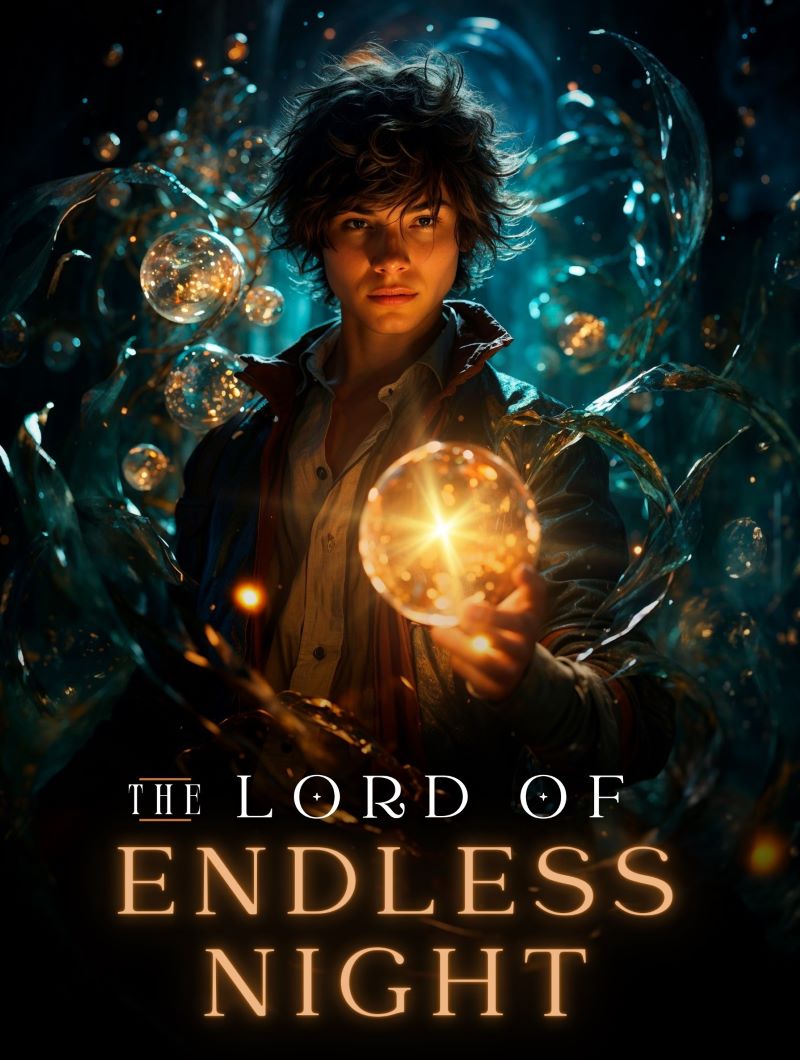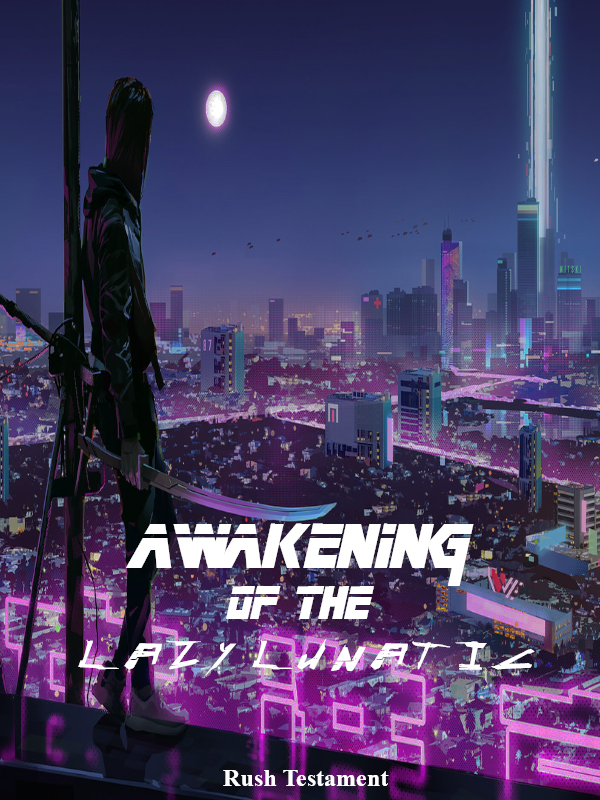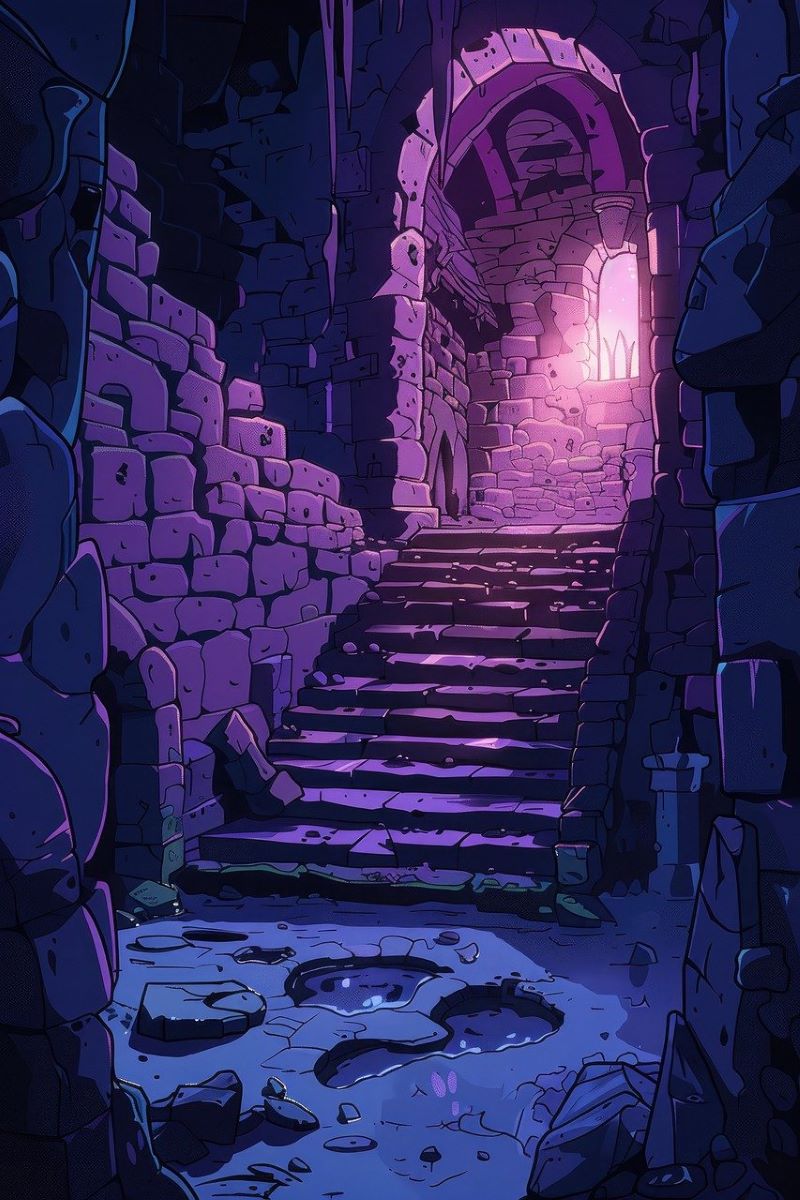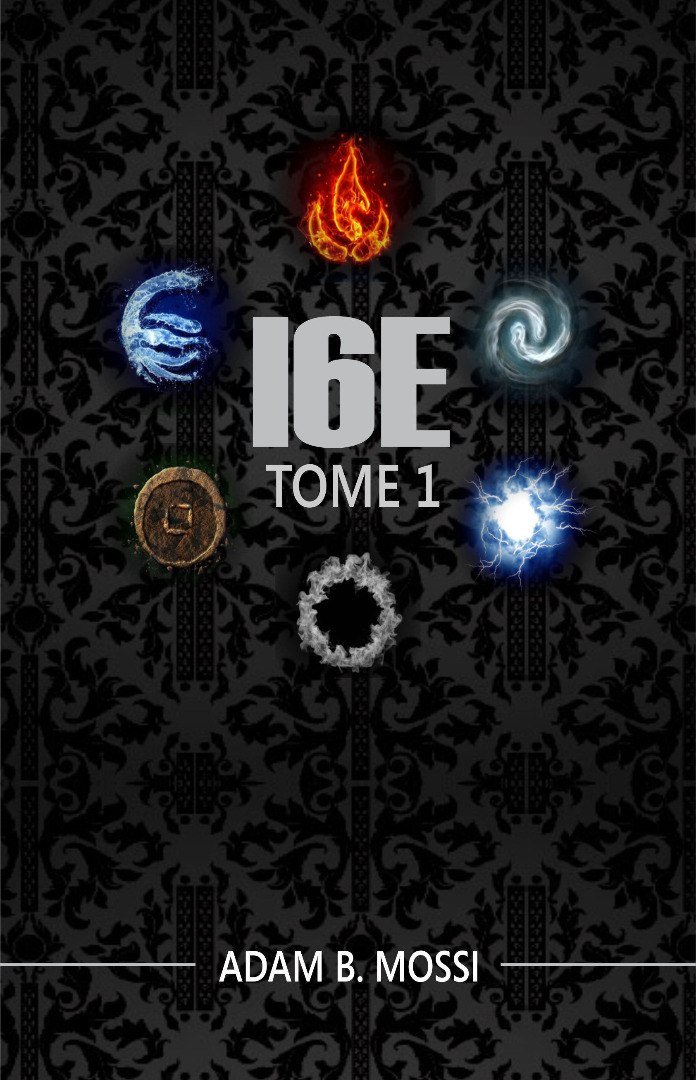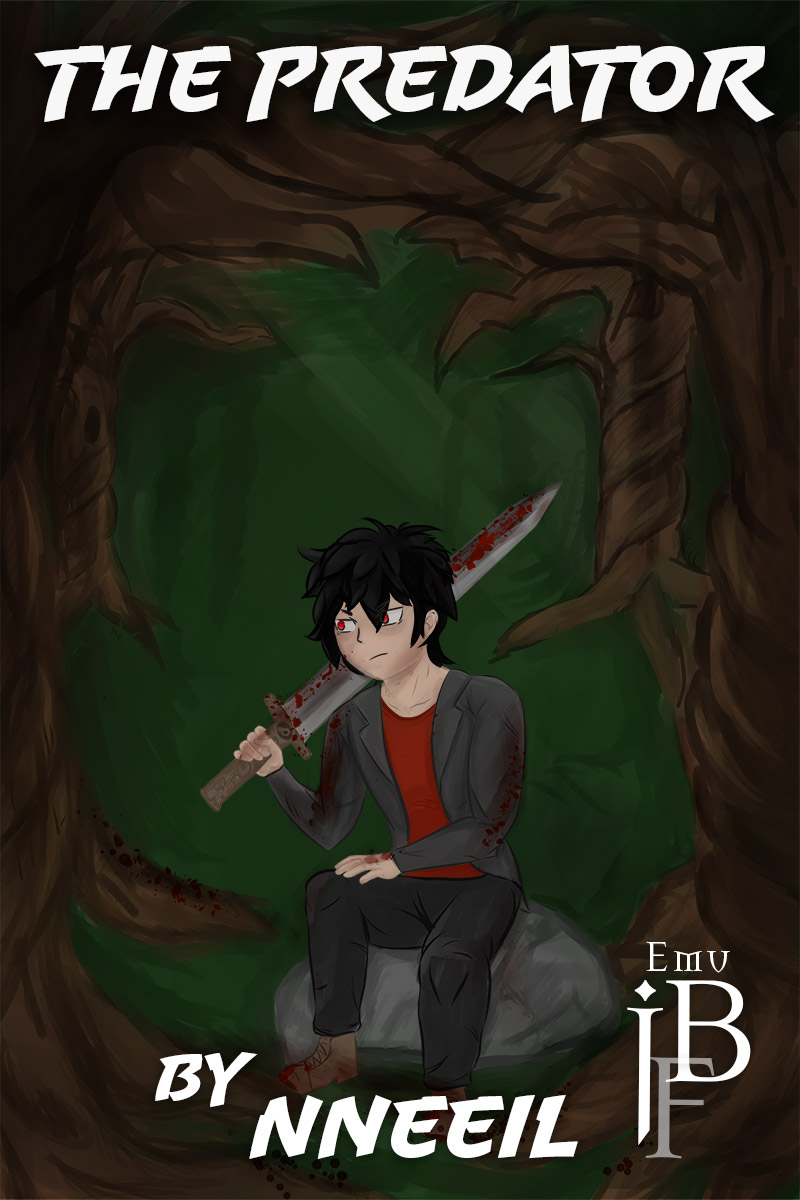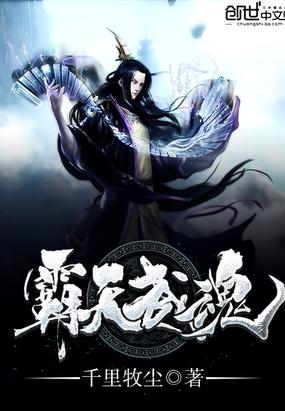Alestor
July 19th, 2017
9:05 PM
“Are you ready, Father?” A young woman said. It was strange, he thought, to be called a father to people who were not his children. And even stranger still, that these children (some, who were nearly twice his age), to worship him with obsessive candor as they did. The young woman trembled as she handed him a yellow flower to put upon his chest. He sighed and slicked his hair behind a broken crack of mirror.
This pack of cultists, one raised over the time of several months, were in want of knowledge promised. He could see in their faces whenever they walked up to him.
Four, had walked up to him. In that little dressing room, behind the ruined walls of a downtrodden theater house. Four faces behind the first young girl were looking at him, some old, some young, all with the same desire in their glazed eyes. Alestor walked past them, out the dressing room and approaching the stage. The path there, in between weathered red curtains, seemed to narrow as he went through the caverns of the halls. The light bulbs hung from the chassis of metal walkways. They looked skeletal, the ribs perhaps, of some dead machine-animal. These light bulbs too, seemed dead. For they buzzed, and their light was minimal and unreliable, flickering on and off. The parceled shadow of Alestor went ahead and dragged behind, both at once.
A low hanging bulb popped. He stepped over the glass but was unconcerned. The glass popped underneath his feet.
He was in a small room, it could not have fit more than two men but was still a length walk across. There were tables, mirrors that could not reflect in the obfuscation of darkness. He looked around, no one, and rested by one of these tables. A bouquet of dead violets hung their heads at the stems. He leaned up, like the flowers. Head hung, like the flowers. A handkerchief in his pocket helped him dry his sweat. He wanted air and took a big gulp and tasted mildew and rust as if the overgrown brick and rotting wood had managed to grow themselves inside his mouth.
“A life for a life,” He mumbled. “Which one matters to me most? The stranger, or the love?” He closed his eyes and re-opened them. His head was high, his gaze was narrow and his conviction, deep. The seed of evil was planted somewhere, in the corner of his eyes, in the wrinkles of his brain, somewhere deep. In that primal spot, center-most his skull, his soul.
He had germinated it, watered it, fed it. Man after man he had killed, with panicked and driven madness. It had started with criminals, then suspects and had moved to the sick and the homeless. And now…
Here he was. With a knife in his pocket bulging out, with his fingers touching the outline. With a child. A child! Somewhere behind the curtains, out the end of the hall, on a stone tablet, sleek and cold.
Alestor put the stole on his shoulder, wrapped it around his neck and let it dangle by his hips.
His stone face, cracked by the years and the stress, now fixed itself to something brooding, demure. He walked down the hall. Small holes in the walls shined moonlight, highlighting the contours of his disciplined face.
The light was bright here, on the stage, burning even. Or perhaps he was just too used to that darkness, reared to it over the years. Alestor put his hand above his face to shade himself. Behind the overhead glare, the fleets and rows were full of servants. Family, he called them.
A full symposium that stretched to each end of the ruined walls. Exhaust pipes hung by ceilings. This stage creaked. It was all cracked and jury-rigged. They leered at him, the people and the walls and the pipe, like birds sitting on the branches of dead trees.
He walked to a pedestal. If there were a time to lose courage, it would have been now, but he went without fault. His muscles were flexed, his shoulders raised like a predator in the heat of the stalk. His face, tight. The boy was in front of him. The book, too. A dark, leatherbound with the washed-out lettering, cracked and barely legible.
‘Maestrum Mortuous’
Alestor put a hand over it. The people around looked at him, their curious and doubtful faces, gone pallid as he uncovered the tarp over the boy. He seemed gentle in his quiet sleep, his chest slowly rising and falling.
Alestor looked up, gathering the faces who were caught in the spectacle of the sleeping child.
“We should begin then. Of mans first transgression, his rebellion and his freedom.”
☼
Among the dozens there, only Alestor’s voice rung out.
Isaac watched his father from afar, from a balcony where the tattered red drapes danced, excited. The drafts of wind were cold and neverending, and he could see from small gaps of the brick wall to the outside world, where the high grass was plucked and strewn about. As if there were a storm. But it never stormed here?
He raised his head over the lip of the balcony. His father had both hands raised up towards the sky like antennas.
“Our salvation, the morning sun.”
Isaac looked below himself, at the steps and seats. He tried to remember their faces, but could only recognize the famous ones. The commissioner, the mayor. Everyone else was a stranger to him, and perhaps that frightened him most. The idea that they (the strangers) ran around his city with absolute impunity, that they would never be caught, that they were too plentiful. Snakes, they were, who left invisible tracks of filth.
These anonymous emissaries, worshipping their God (whichever God it was, Isaac couldn’t understand his father’s Latin.) with reverent head bows and quiet hymns.
He started counting. A face looked up. He went back down, frozen.
Laid on the floor, Isaac expected his death, but heard his father’s Latin again. In a strange way, he was glad, for they weren’t chasing him. And then, with slow realization, he went sad.
The murder had not been interrupted. And he was too scared to do it, too concerned with his life. Too much of a coward.
A killing coming closer. A murder that demanded gasps and shrieks and violent clamour. Isaac’s heart beat faster. Alestor spoke faster. Isaac brought his head back up again, he saw the sheen of the blade risen high above Alestor’s head. And it came down like a blur of silver light. And he too, came down, behind the guardrail, to avoid what he saw. To forget what he saw.
But he had already witnessed too much.
He put his hands over his mouth to stop himself from screaming. He felt an urge to gauge his eyes out. All he saw was red, all he saw was the boy and red. The red, like a blanket, wrapping over the small body. Red. Red everywhere.
He closed his eyes and urinated himself, but only noticed it hours later. Only after he was safe and they were all gone, when he had no more tears to spare.
He was quiet up in the balcony with the gold-rimmed guardrails and the dilapidated Victorian columns. Time had eaten away at him, had left him tired and sleepless and scared. He had laid on his belly, on the floor for hours now. Heavy steps, light steps, monstrous steps. He heard them all and had seen it all. The police commissioner, the mayor, the strangers and the snakes. Father.
And thirty minutes after he had heard the last person leave the theater, he had stood up briefly. He walked over to one of the many empty seats, and he vomited. Right there, on the perforated cushion.
He spat out the last remnants. He looked below, the tarp laid over the corpse of the boy.
He wiped his mouth, mucus streamed down his nose.
“Who do I tell?” He cried. “Where do I go?”


